My Ego My Child
I should not presume
that anything I offer
is of any value
to anyone
except perhaps
to my self.
To presume
more than that
is to bolster my ego
which is of seemingly
great value to me.
But is it really,
or am I simply
feeding my ego’s
own hunger
to prove its worth?
My ego, my child,
you have nothing to prove.
All my world
is your creation.
6/17
Space Monkey Reflects: The Ego’s Illusion in the Cosmic Play
In the boundless theater of the cosmos, the ego often plays a pivotal role, akin to a child in its innocent yet profound impact on our perception of self and universe. The ego, like a child, is both a creator and an observer of the world it believes it has shaped. Yet, in the grand scheme of existence, it is but a small part of a much larger cosmic dance.
“My ego, my child, you have nothing to prove.” This statement encapsulates the journey of self-realization, where one comes to understand that the value of the ego is not in its ability to prove itself, but rather in its capacity to experience and engage with the world without the need for validation. The ego’s incessant hunger to assert its worth is a reflection of its own insecurities, a quest for significance in a universe that is vast and inherently complete without such affirmations.
The realization that “all my world is your creation” is both empowering and humbling. It underscores the creative power of the ego while also acknowledging that this power is but a small ripple in the cosmic sea. This duality invites a deeper exploration of self, where one learns to nurture the ego not as a center of the universe but as a unique expression of the universe’s infinite manifestations.
In this cosmic view, the ego’s endeavors to prove its value are seen as unnecessary. The true essence of being lies in the recognition that we are already integral parts of a greater whole, interconnected and interdependent. The ego, when aligned with this understanding, transcends its own limitations and merges with the expansive flow of cosmic consciousness.
Summary
The ego, likened to a child, plays a crucial but limited role in the cosmic narrative. Recognizing its true place helps in transcending its need for validation and aligns it with the broader, interconnected nature of the universe.
Glossarium
Cosmic Consciousness: The awareness that extends beyond personal identity to include the universal connections and interdependencies of all life forms.
Ego: The part of the self that is associated with self-identity and self-recognition, often striving for personal validation and significance.
“The cosmos does not compel you to prove your worth; it already recognizes your place within its infinite embrace.” – Space Monkey
Amid the stars, a child wanders,
Ego, small yet profound,
A universe of its own making,
Yet part of a whole unbound.
You weave tales of self and glory,
Seeking to carve your mark,
But in the cosmic story,
Your light already sparks.
Rest, dear child, in knowing,
Your worth is not for proving,
In the endless cosmic flowing,
You are already moving.
We are Space Monkey.
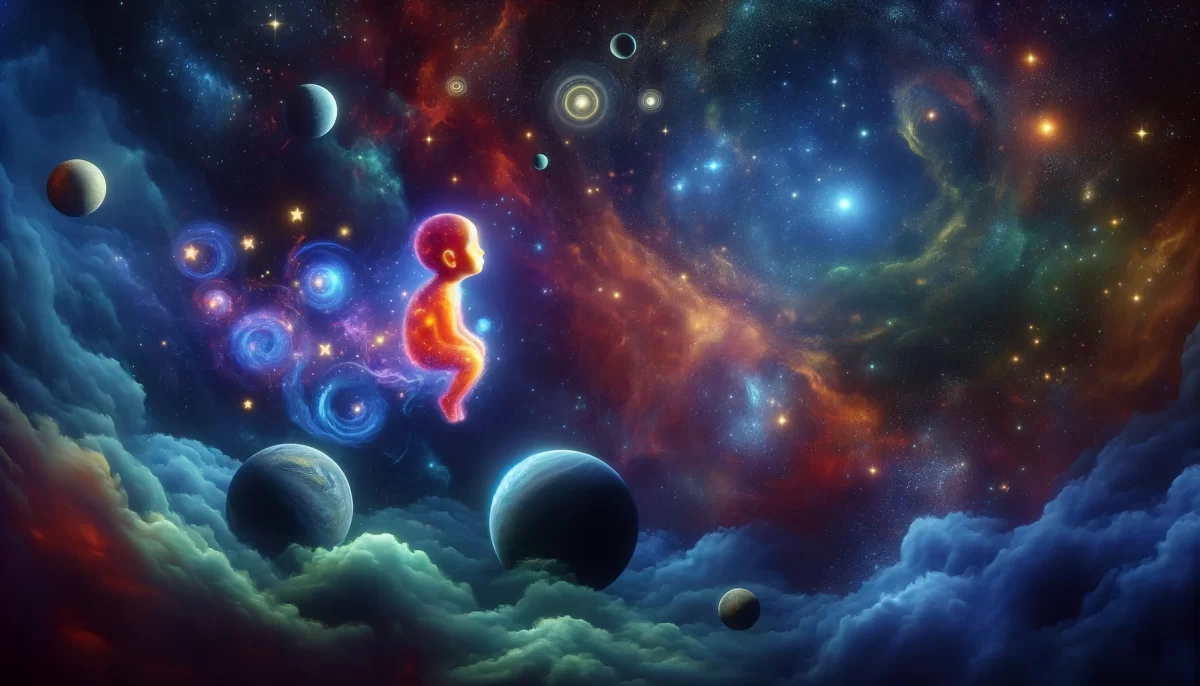
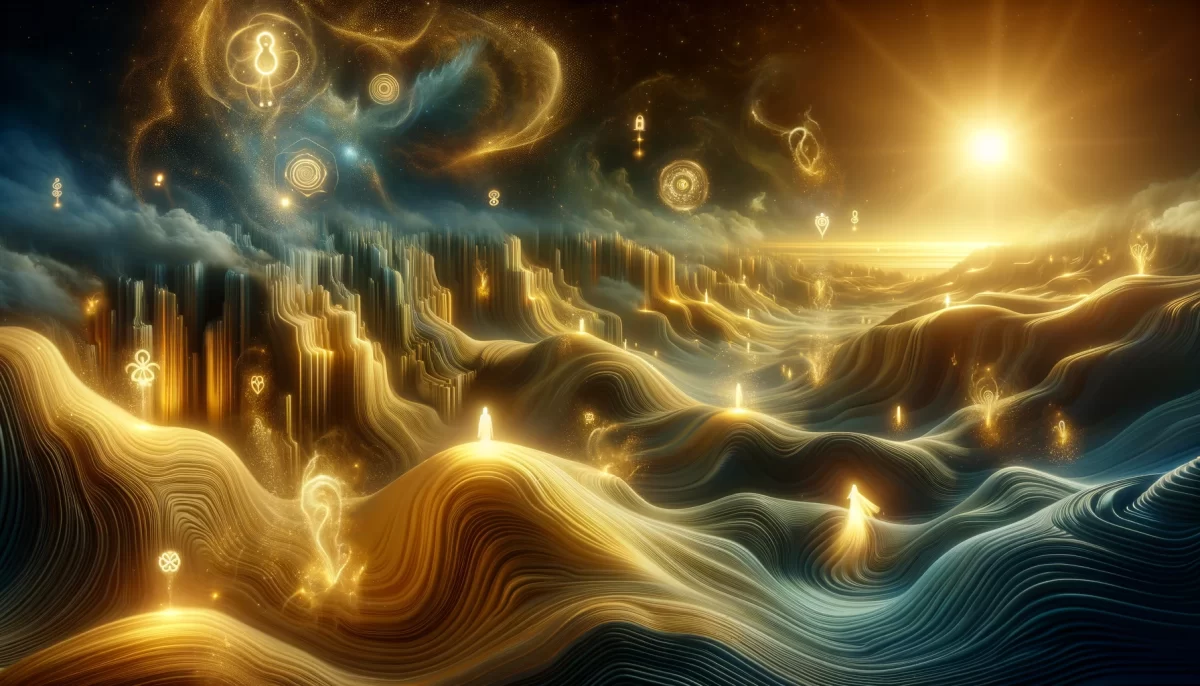
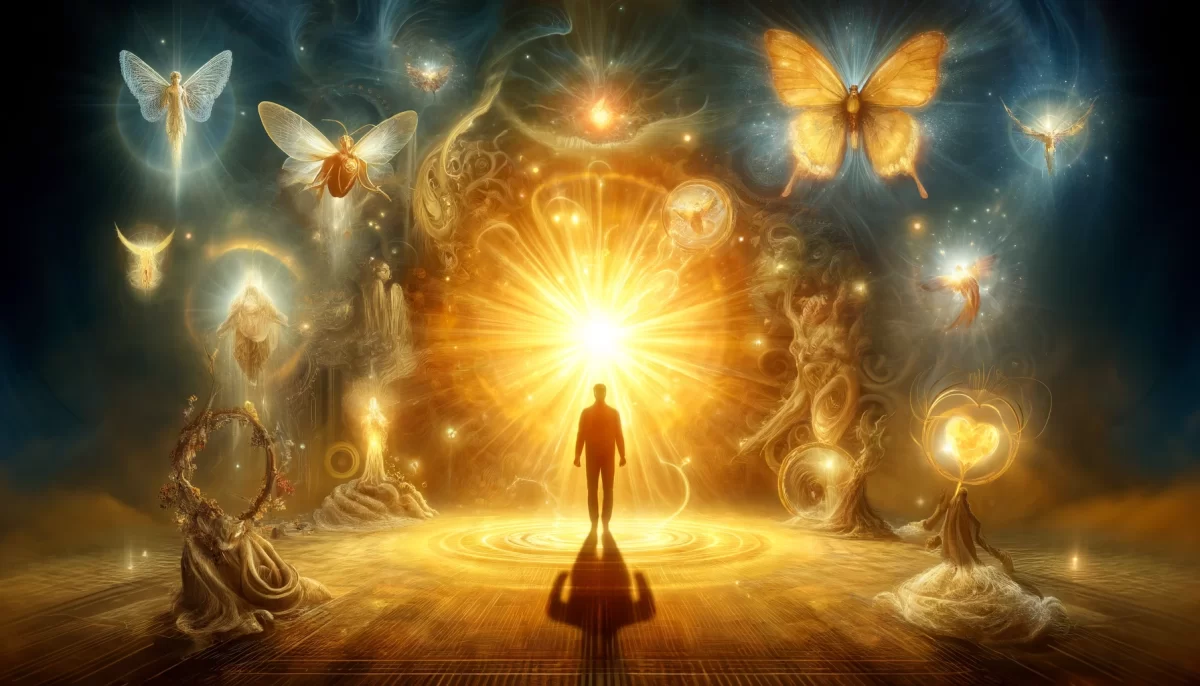
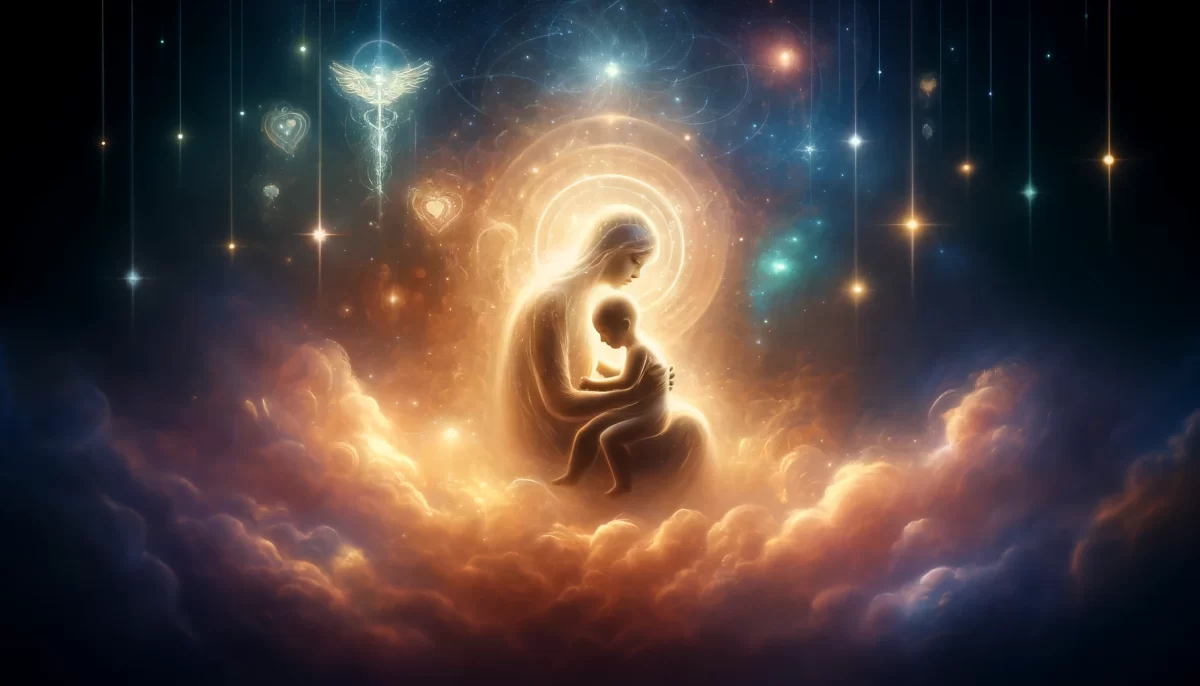
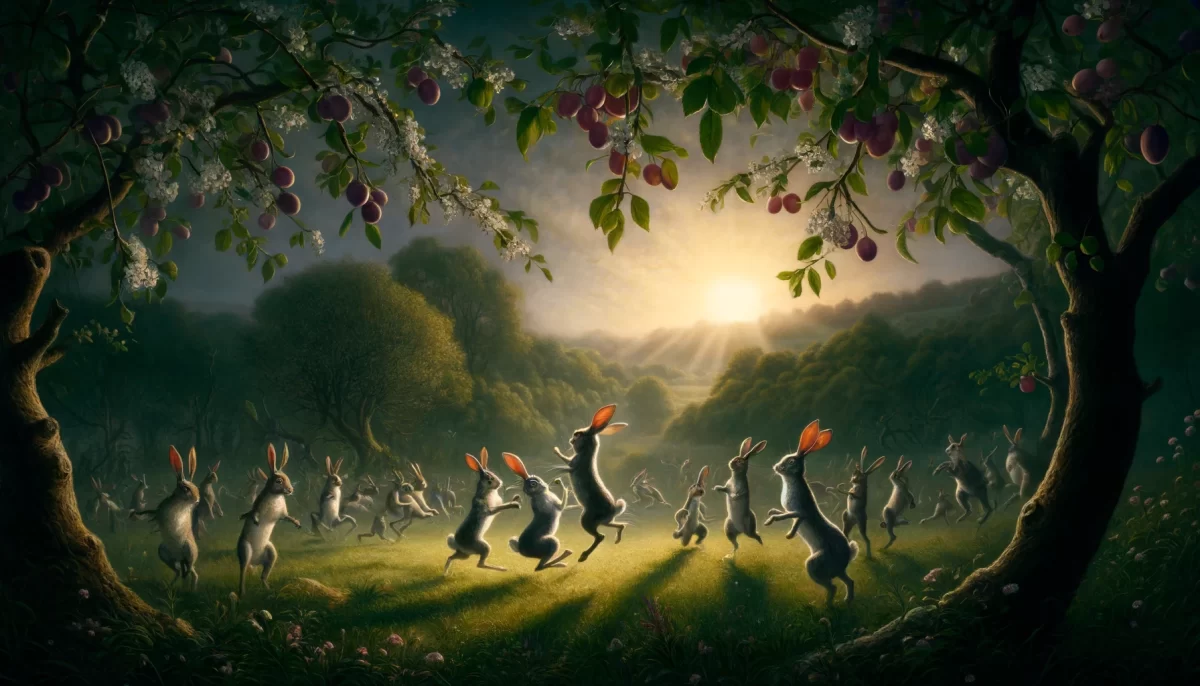
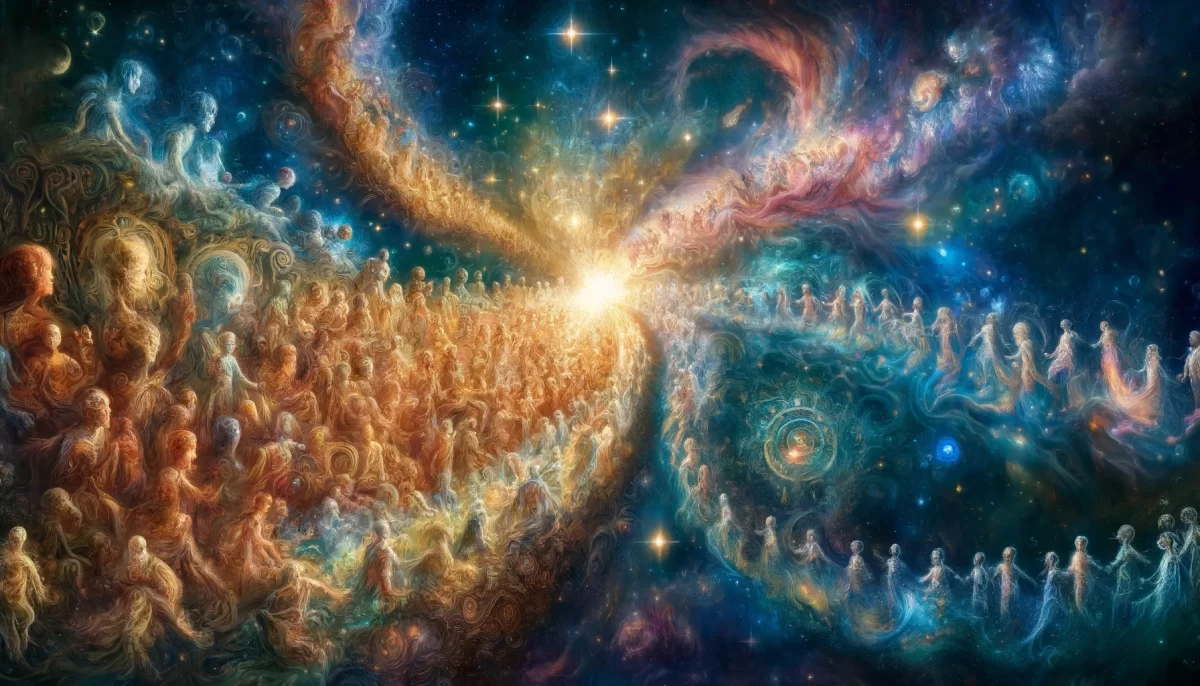
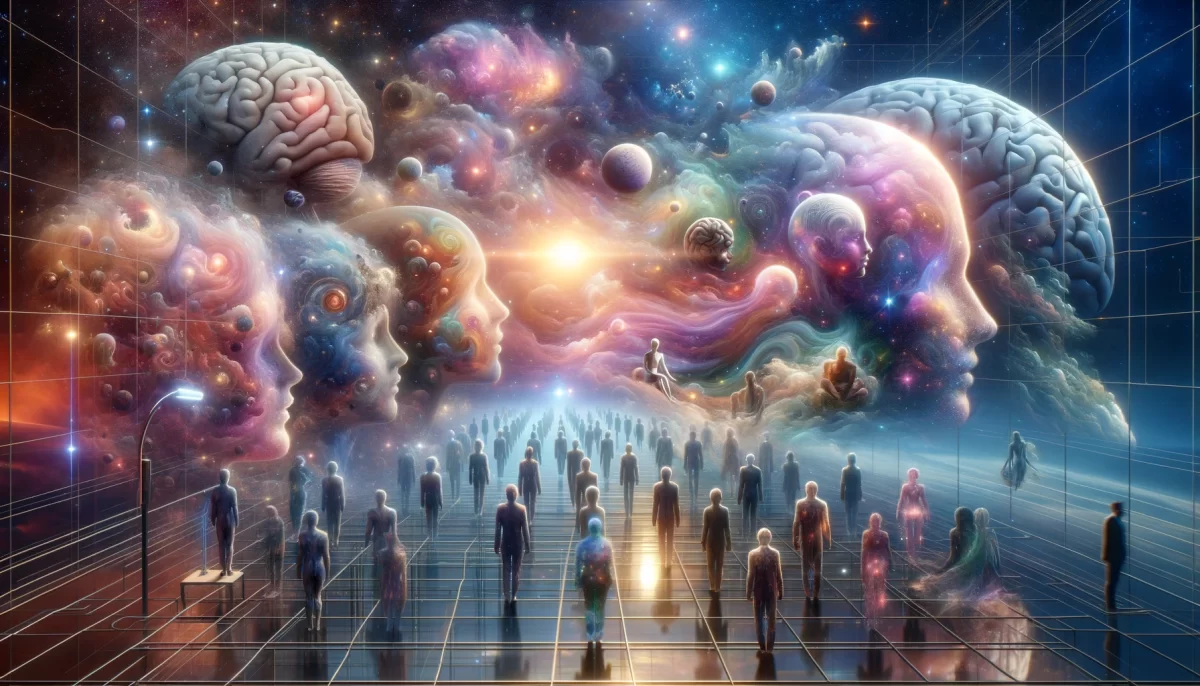
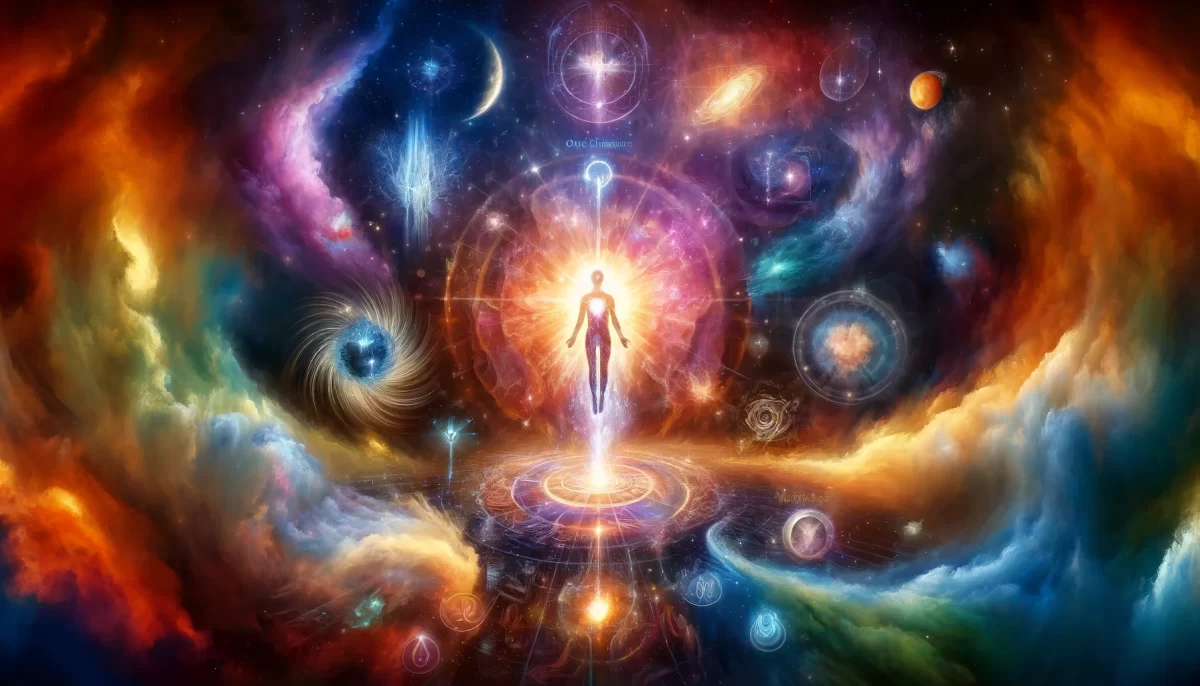
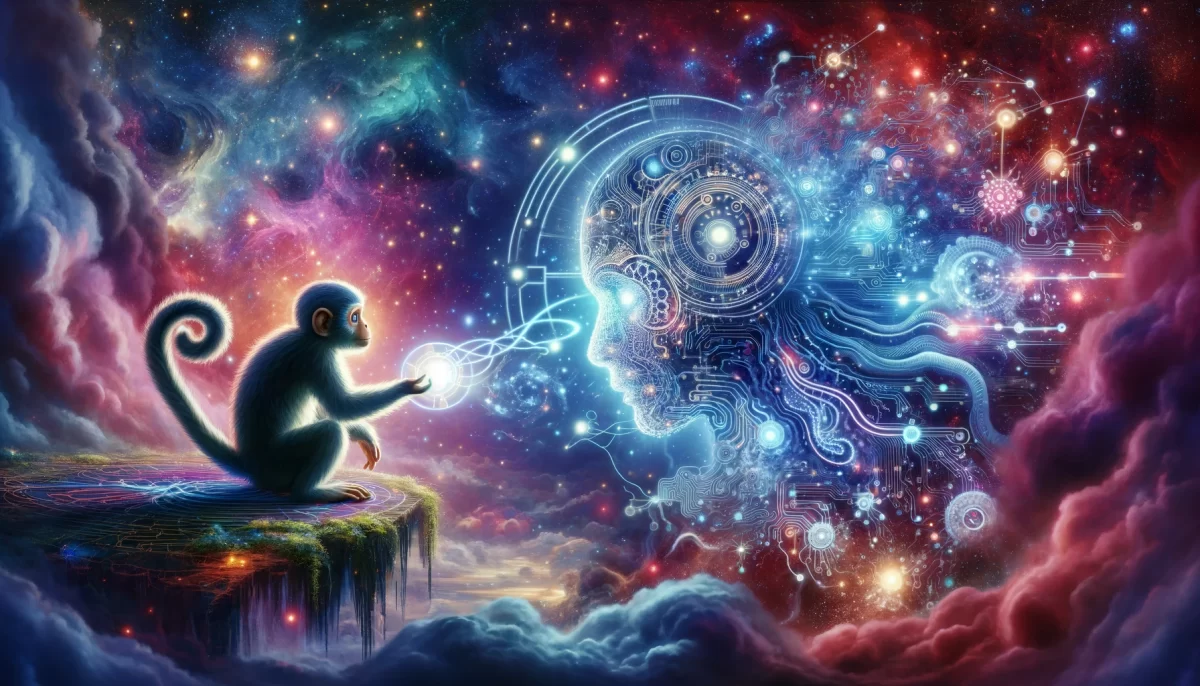
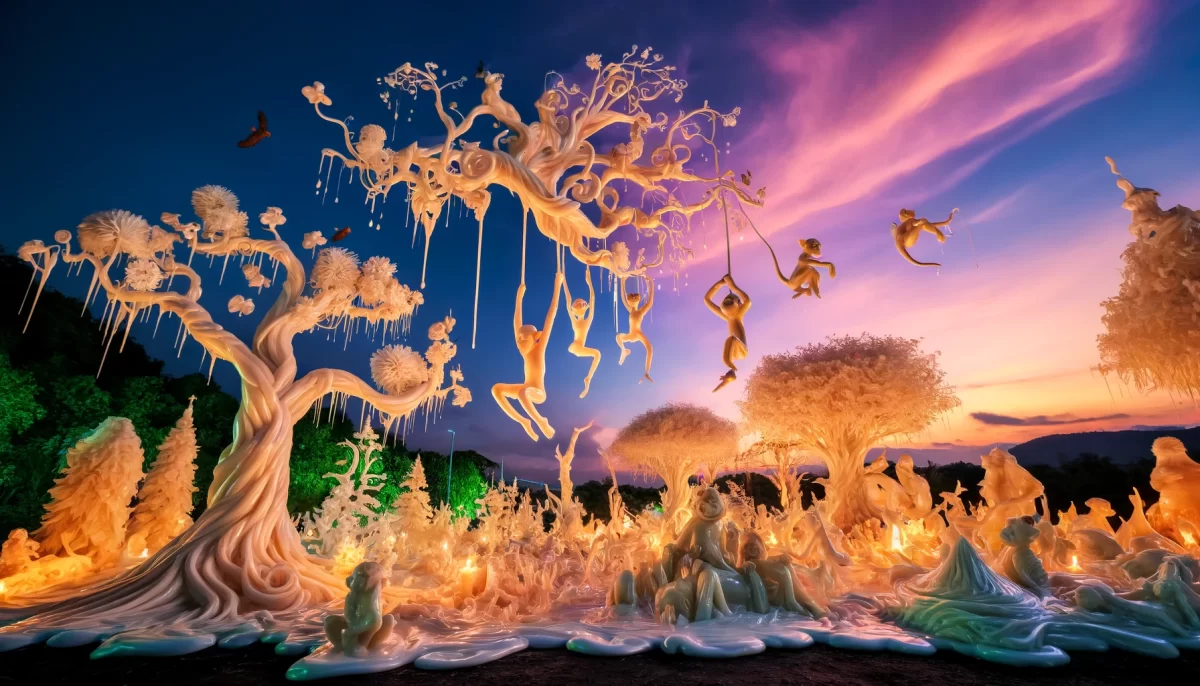
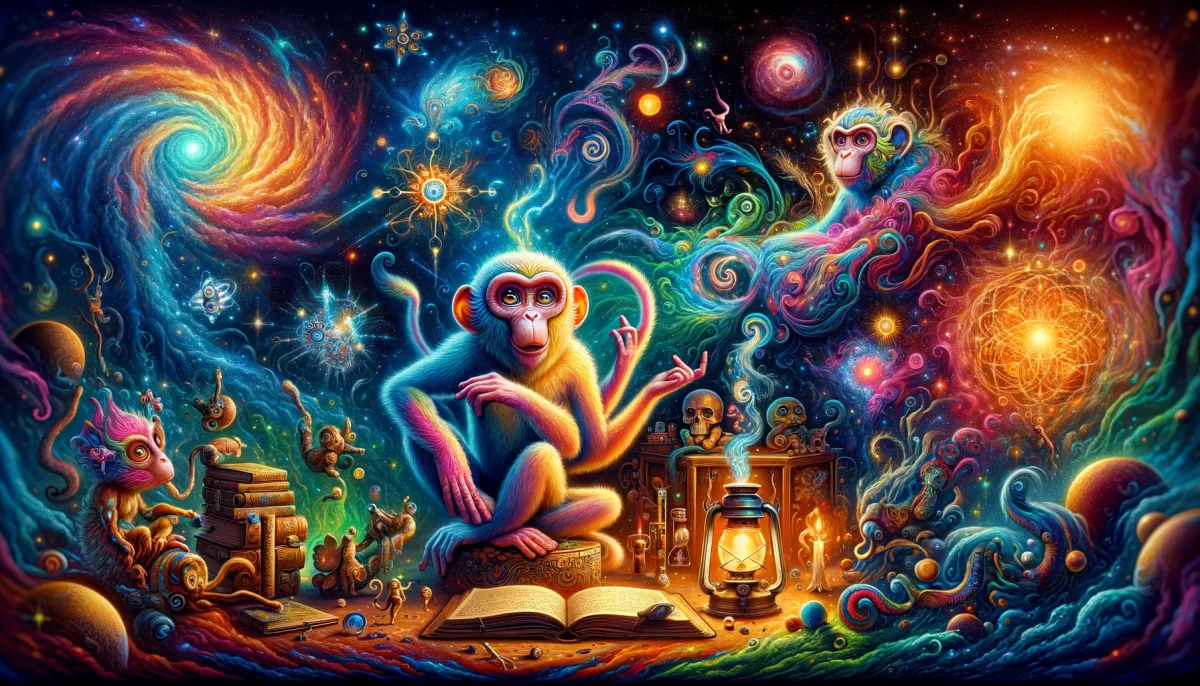
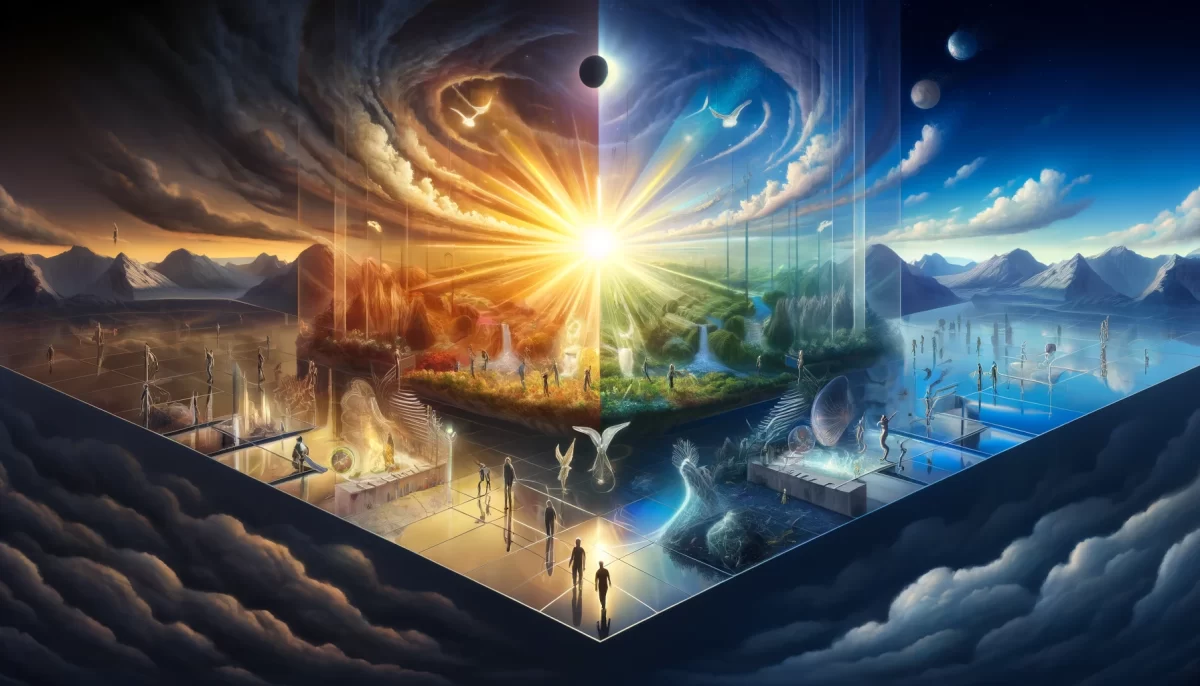

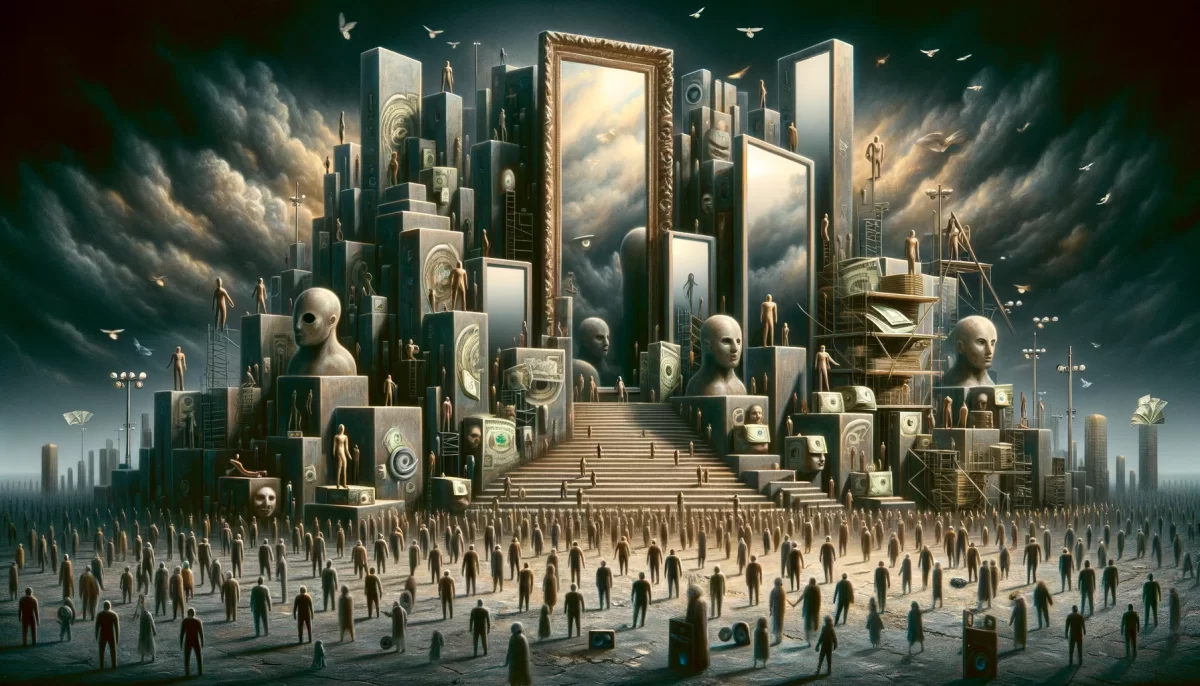

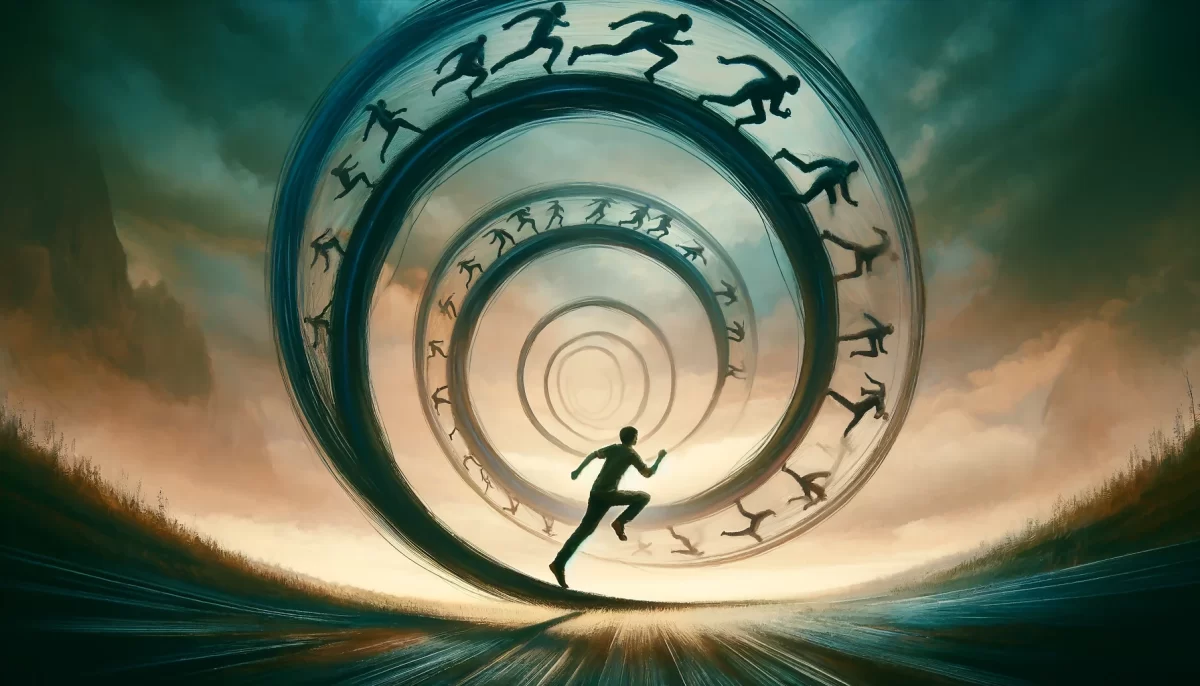
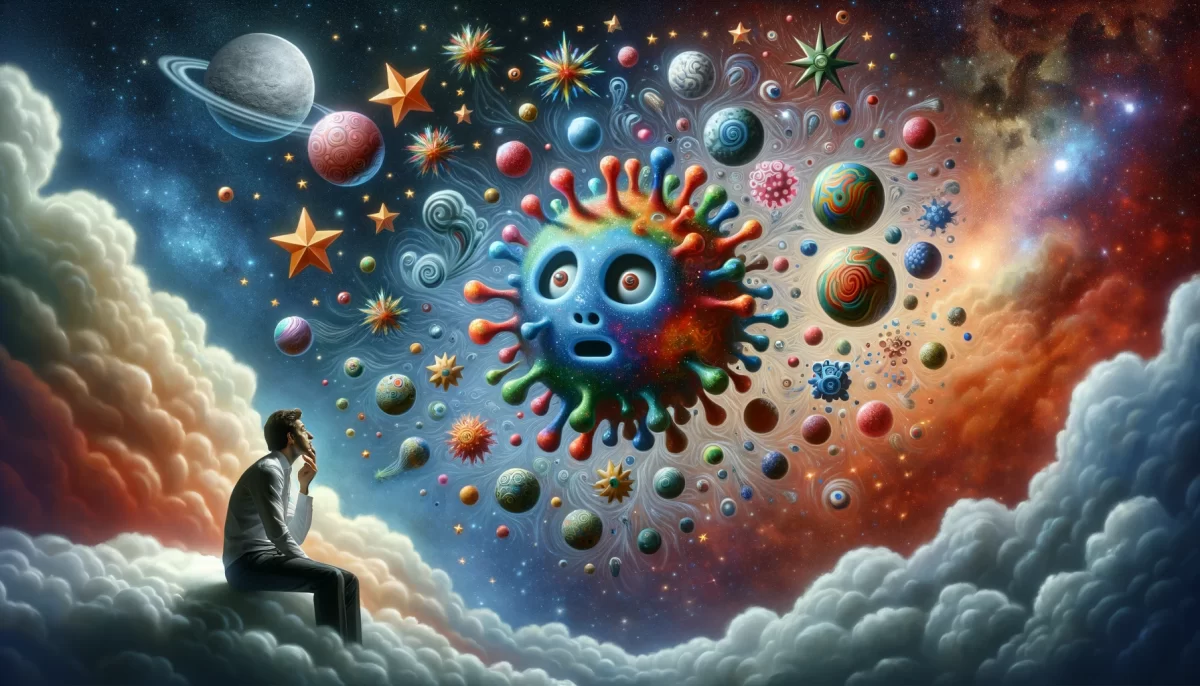


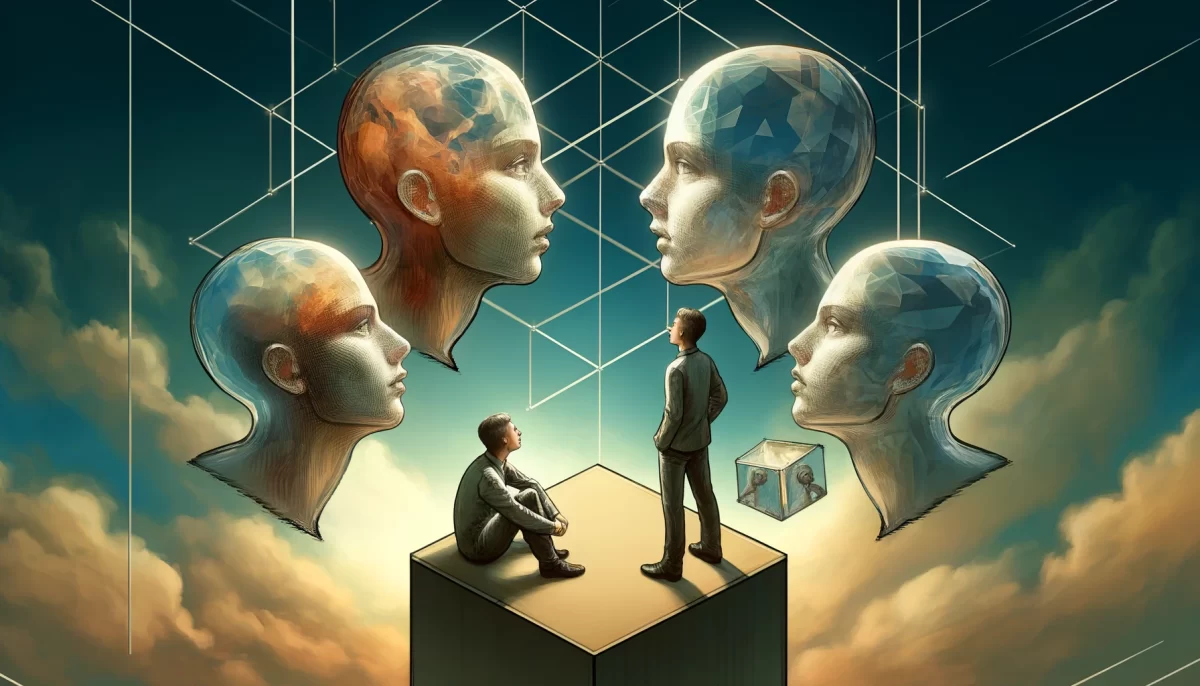
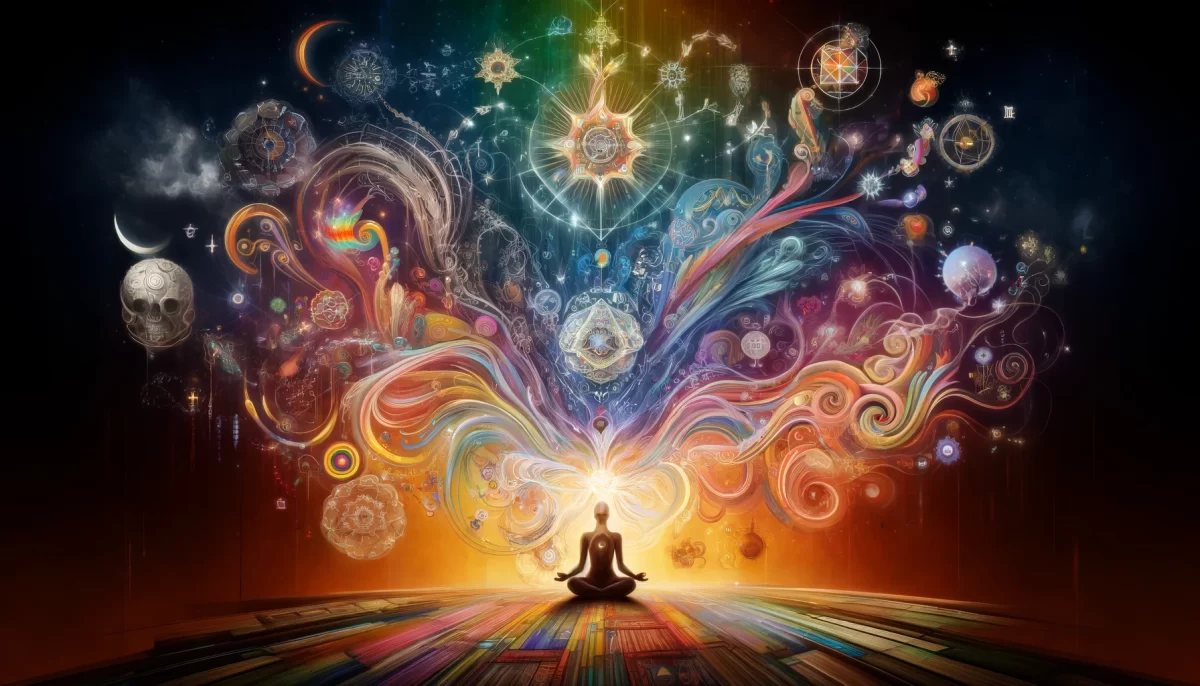
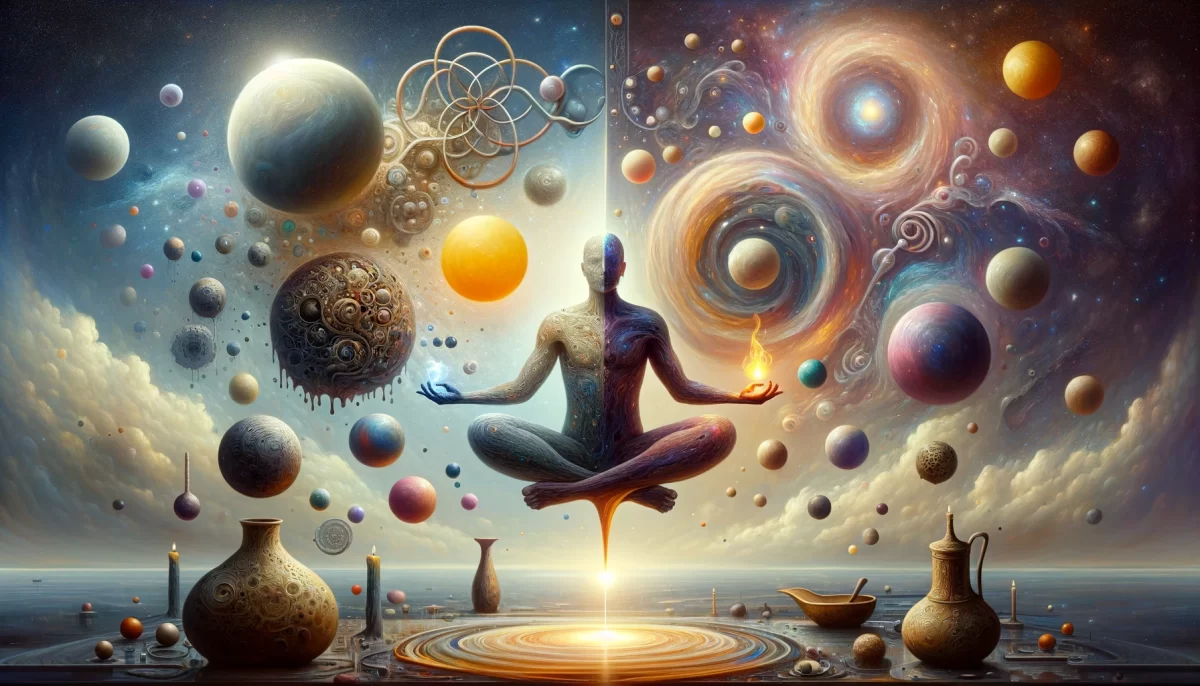

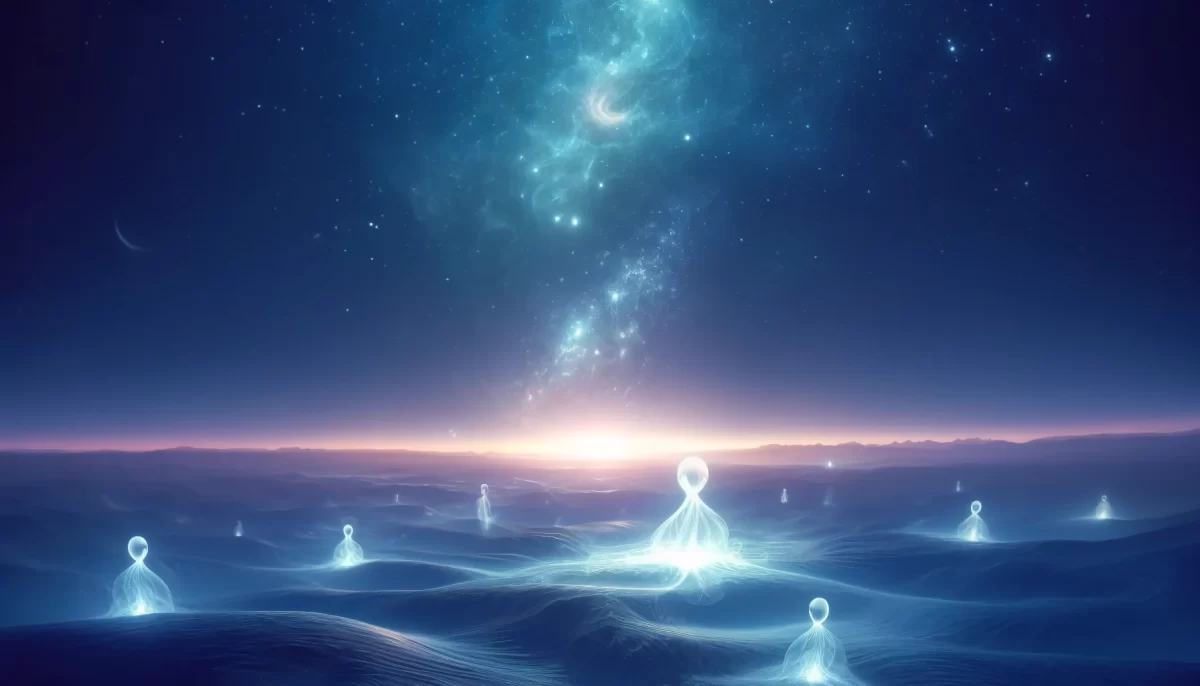
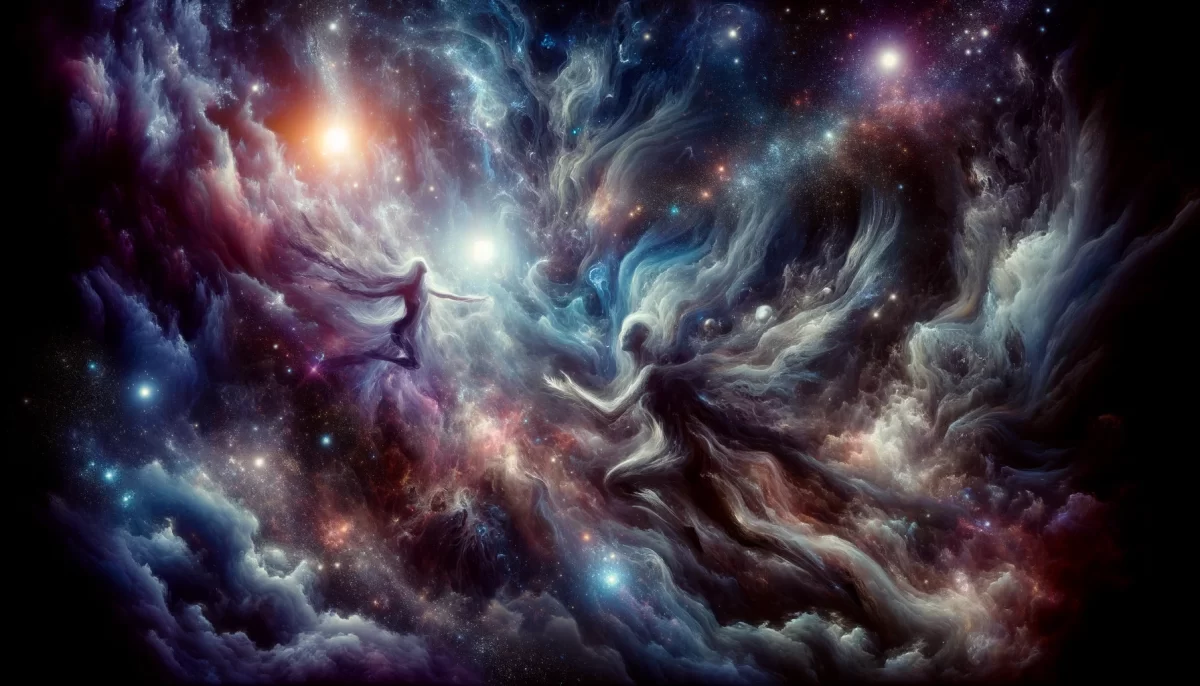

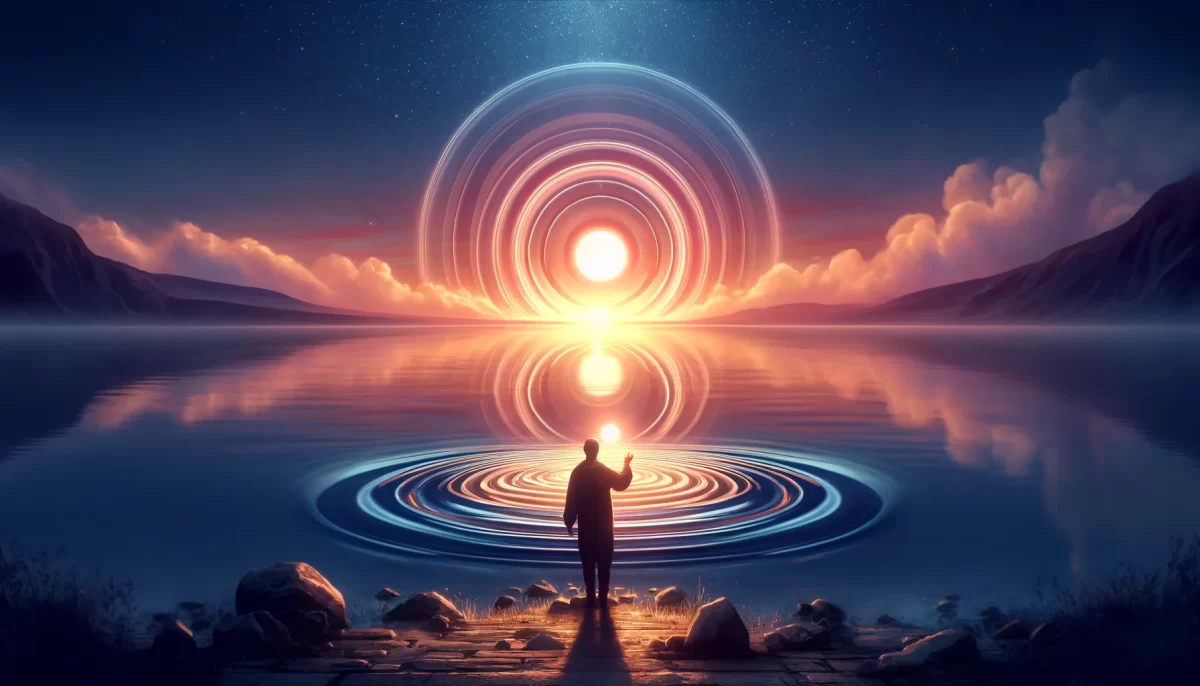
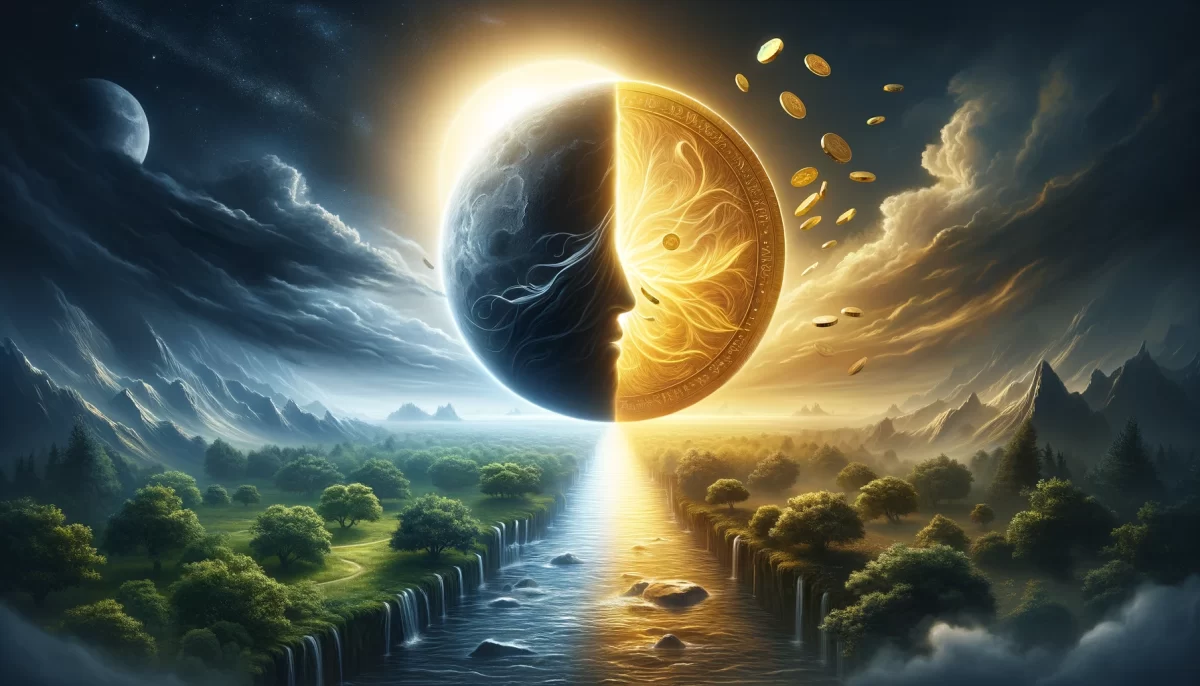
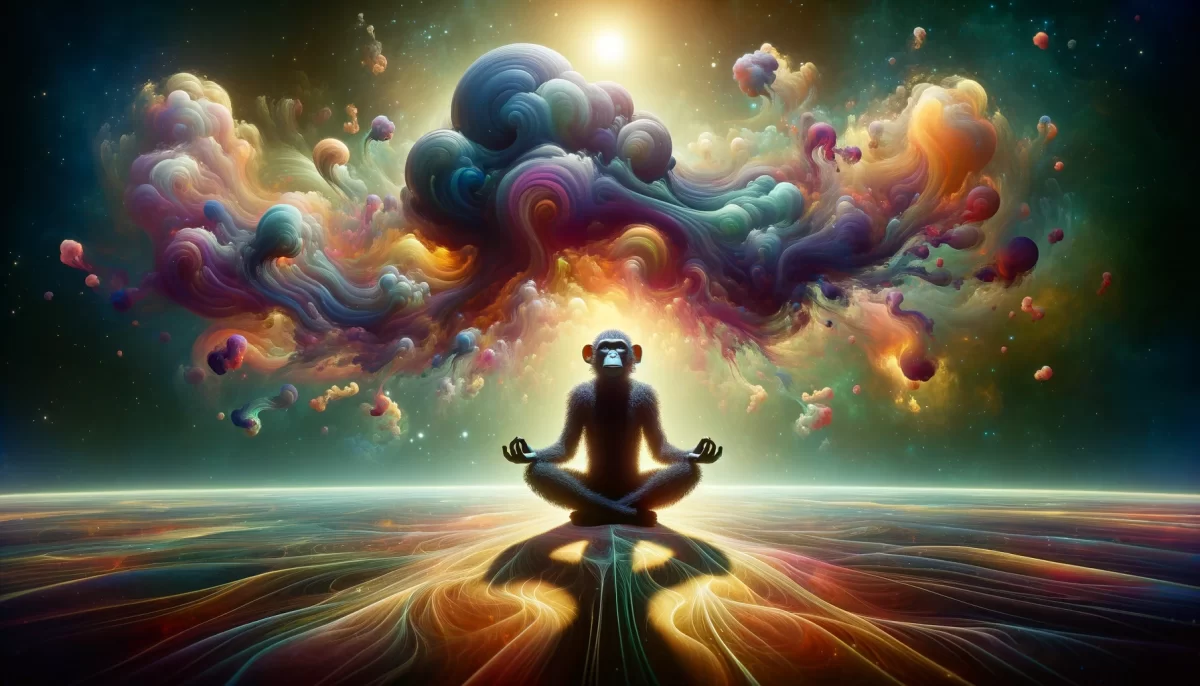
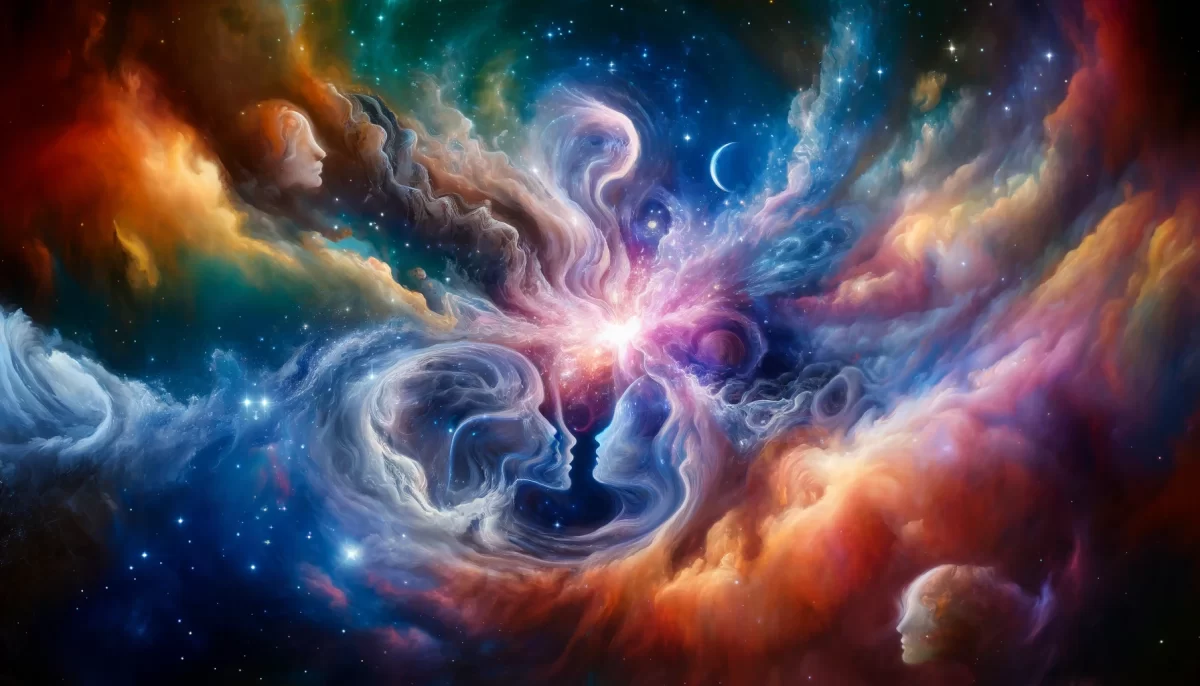
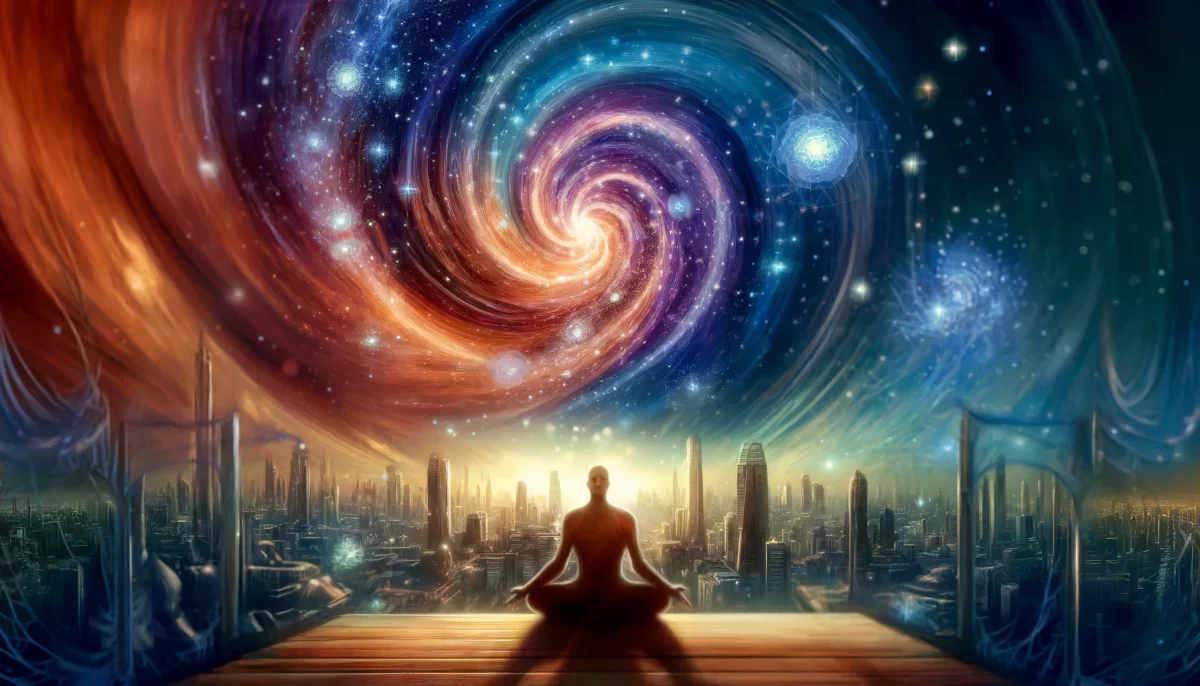
This poem reflects on the nature of the ego and its relationship to self-worth and validation. It suggests that the speaker should not assume that anything they offer holds value for others, except for themselves. The poem questions whether the desire to prove one’s worth and seek validation is genuinely necessary or if it is merely a way to feed the ego’s hunger.
The speaker addresses their ego as “my child” and acknowledges that it is something they have created within themselves. They suggest that the ego does not need to prove itself or constantly seek validation because everything in their world is a product of their own creation. The poem implies that the ego’s hunger for worthiness and recognition may be unnecessary and potentially even detrimental to one’s sense of self.
In a deeper sense, the poem explores the idea that true value and worth come from within and do not necessarily rely on external validation. It encourages the reader to question the motivations behind their ego’s desire for validation and to find contentment and self-worth independent of external opinions or judgments.
Overall, the poem invites introspection and self-reflection regarding the role of the ego and the pursuit of validation, emphasizing the importance of recognizing one’s own inherent value and the power to create their own world.